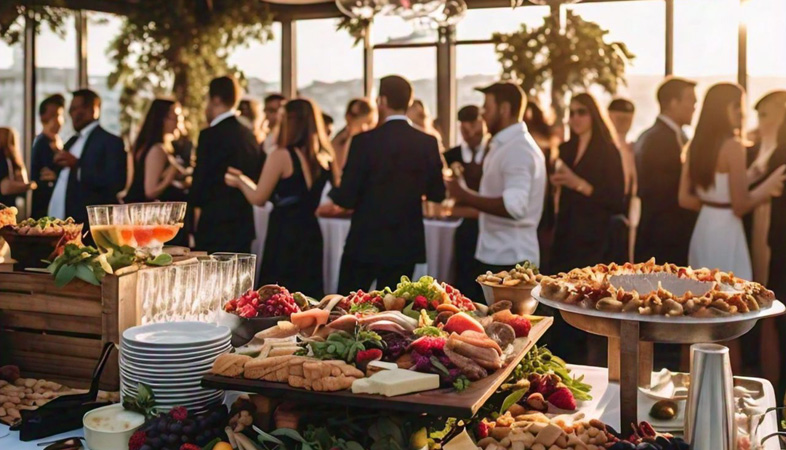SHARE
Commercials
More Posts
Feb 21, 2025
Grilled Lamb Chops - By Chef Manoj Rathore
Mar 15, 2025
Rose Petal Thandai - By Chef Selva Kumar
Jun 14, 2025
Essential Skills Every Front Desk Agent Should Have
Jun 20, 2025
The Rise of No-Bake Desserts in Modern Bakeries
Feb 21, 2025
Grilled Lamb Chops - By Chef Manoj Rathore
Mar 15, 2025
Rose Petal Thandai - By Chef Selva Kumar
Jun 14, 2025
Essential Skills Every Front Desk Agent Should Have
Jun 20, 2025
.png)



























